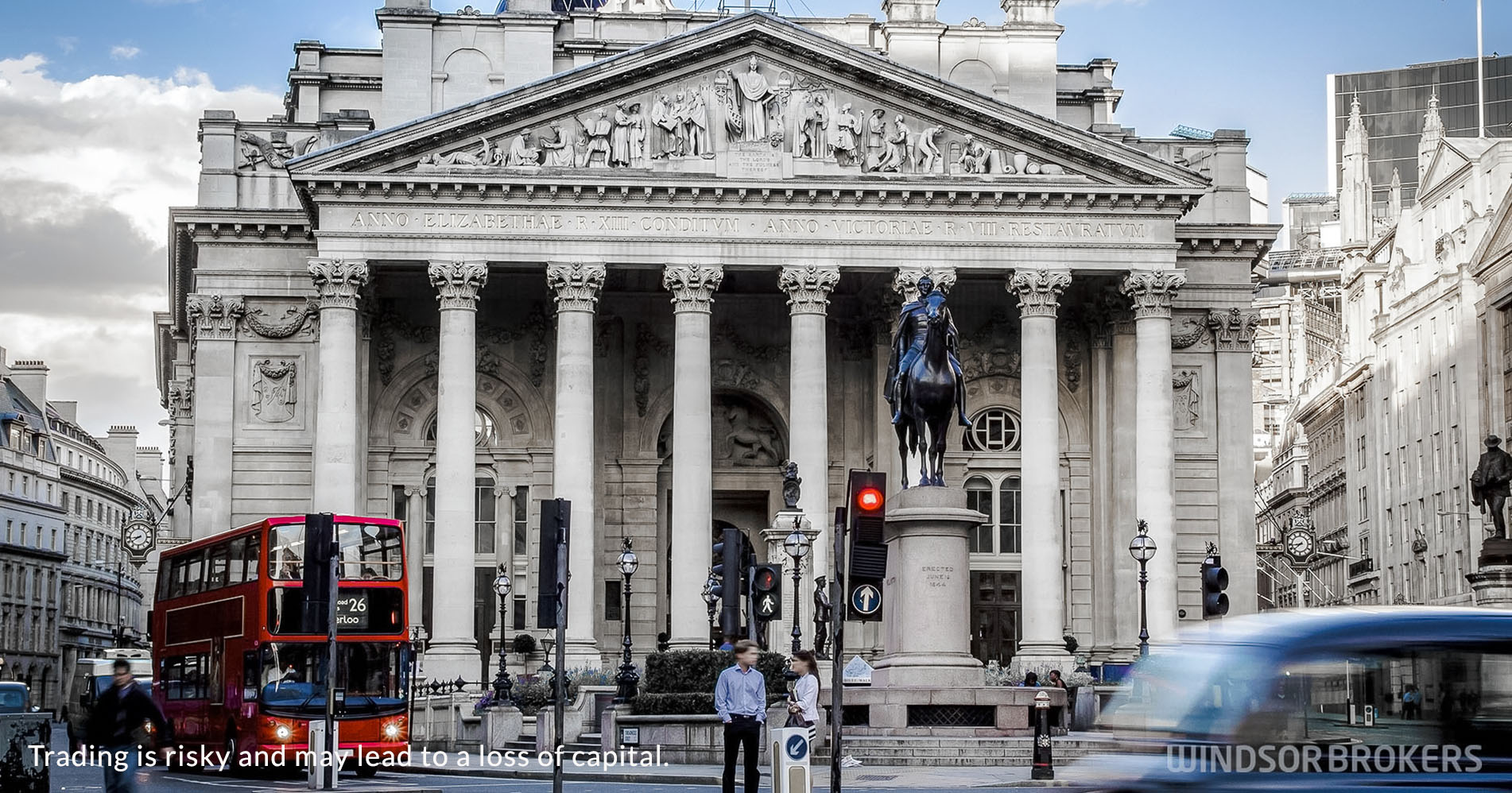Bank of England raises rates to 1% on threats of a double-digit inflation
The Bank of England raised interest rates by 25 basis points, in line with expectations, pushing the borrowing cost to the highest since 2009, but with more than expected dissonant tones from the policymakers, who voted 6-3 for 0.25% hike against forecasted 8-1 vote.
The central bank hiked rates for the fourth consecutive time since December, in the fastest rate raise in 25 years and confirmed its hawkish stance by signaling further increases in the coming months.
The BoE aims to bring soaring inflation under control by strong policy tightening, as the consumer prices rose to 30-year high at 7% in March, overshooting central bank’s 2% target by more than three times, while the BoE revised its forecast, expecting inflation to peak above 10% in the last quarter of 2022, against the previous forecast that inflation will peak at 8% in April.
Stronger than expected inflation figures with pessimistic outlook, prompted three policymakers to vote for more aggressive action of 75 basis points hike that would bring the interest rate to 1.25%, against expected one MPC member to vote for this scenario.
The war in Ukraine caused energy prices to skyrocket that caused economic outlook to strongly deteriorate and increase pressure on the households and businesses, with energy bills rising by 54% in April and expected to rise further 40% in October, despite Britain’s cap on households energy tariffs that would cause inflation to peak later than in other advanced economies.
On the other side, the BoE expressed strong concerns about the economic slowdown, after Britain’s economy grew stronger than expected in the first quarter, with expectations for stagnation in the second quarter and further slowing in Q3 and Q4, after the next increase in energy prices starts to bite.
Although the BoE kept its forecast for economic growth for this year at 3.75%, it cut forecast for 2023 from previous estimate for 1.25% expansion to 0.25% contraction and also revised down projection for 2024 from initial 1.0% to 0.25% growth, accompanied with a double-digit inflation, signaling strong risk that the economy is heading towards recession.


